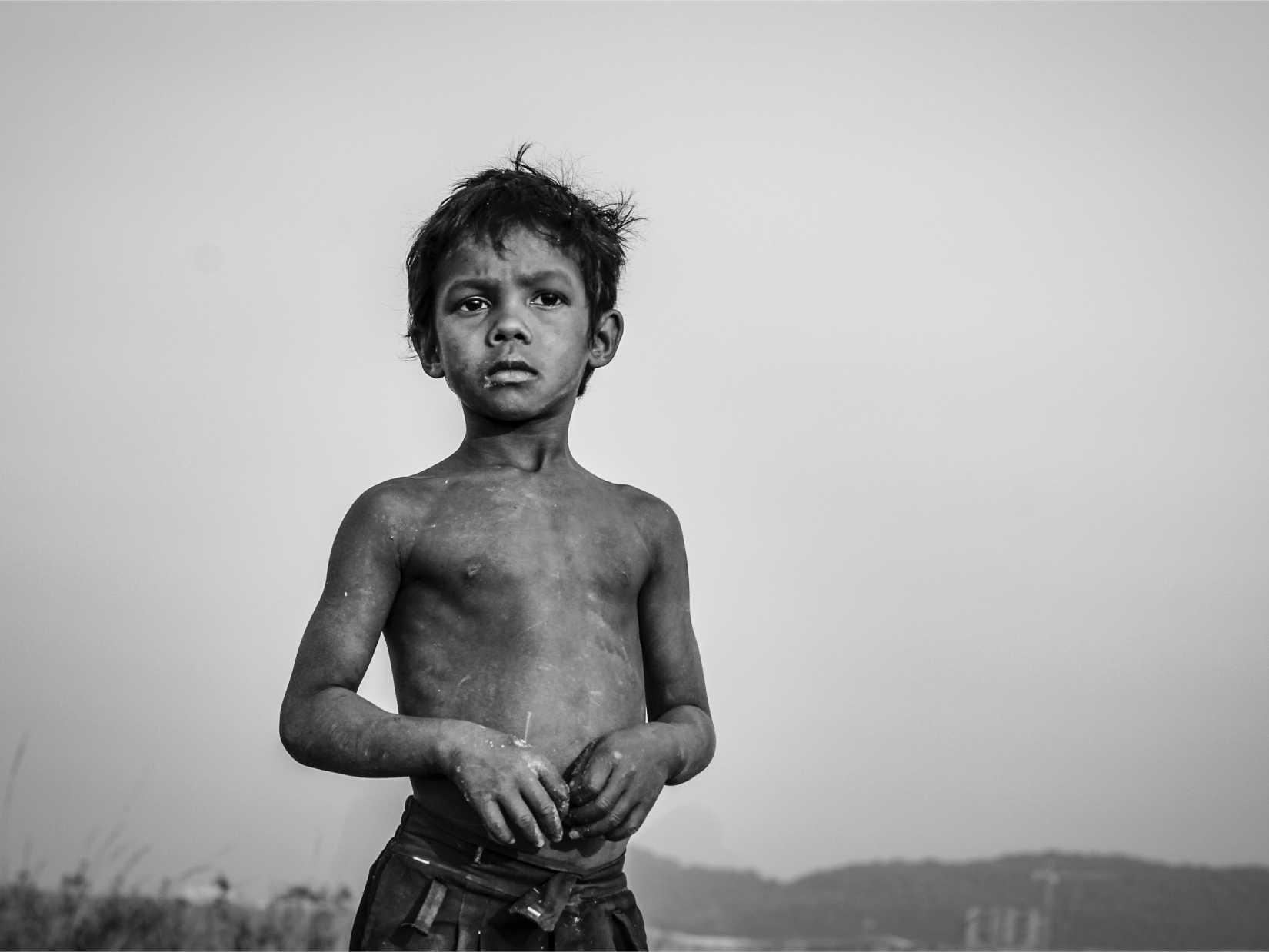Pregnancy already places extra demands on a woman’s body, making it more sensitive to environmental stressors. Pregnant women are at a higher risk of heat stress, dehydration, respiratory issues, and infections, all of which can be worsened by climate change. The immune system, cardiovascular system, and lungs are already working harder during pregnancy, and climate-related challenges only add further strain.
Key Climate Change Factors Affecting Pregnant Women:

Rising global temperatures are one of the most direct threats. Pregnant women are less able to regulate their body temperature, making heatwaves particularly dangerous. High temperatures can lead to heat exhaustion, dehydration, and even heatstroke. Studies have shown that exposure to extreme heat during pregnancy can increase the risk of premature birth, low birth weight, and stillbirth.
2. Air Pollution
Climate change worsens air pollution by increasing ground-level ozone and wildfire smoke. Exposure to polluted air during pregnancy is linked to higher risks of preterm labour, gestational hypertension, and developmental issues in babies. Breathing in polluted air can trigger inflammation in the body, which may negatively affect both the mother and the growing foetus.
3. Vector-Borne Diseases
Warmer temperatures and changing rainfall patterns are contributing to the spread of mosquito-borne diseases such as dengue, malaria, and Zika virus. Pregnant women infected with these diseases face serious complications, including higher chances of miscarriage, birth defects, and preterm delivery.
4. Natural Disasters and Displacement

5. Food and Water Insecurity
Climate change is impacting food production and water availability, especially in vulnerable regions. Pregnant women facing food scarcity are more likely to experience malnutrition, which can directly affect the development of the baby. Water scarcity also raises concerns about waterborne diseases, which can pose further risks to maternal and foetal health.
The Mental Health Impact
Climate-related stress, uncertainty, and displacement can contribute to increased anxiety and depression during pregnancy. These mental health struggles, if left unaddressed, can influence birth outcomes and postnatal wellbeing.
Pregnant women affected by climate disasters may also experience trauma that can have long-lasting effects on both the mother and child.